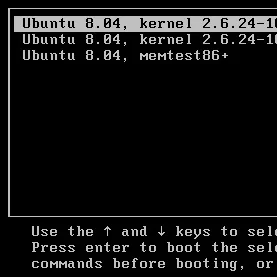A Non-GNU Linux Distribution Built With LLVM & BSD Software Aims For Alpha Next Month

Chimera Linux lead developer Daniel Kolesa presented at FOSDEM this past weekend on this "BSD/LLVM distro from scratch." Chimera Linux since shifting focus as a "BSD" Linux distribution has been relying on core tools from FreeBSD, making use of LLVM/Clang rather than GCC, and achieved self-booting in late 2021. For the package manager Alpine Linux's apk is being used.
While most Linux distributions are using systemd, Chimera Linux has decided to go with Dinit and is believed to be the first Linux distribution using it by default. Over the past year Chimera Linux has managed to get the modern GNOME desktop running atop Wayland.
This BSD/LLVM distro is currently aiming for its alpha release in late February or early March. The alpha period is expected to last six to 12 months while other features are ironed out like a libgcc compatibility shim for better Linux binary compatibility, support for D-Bus activation, additional system hardening, and better documentation.
Daniel Kolesa views his BSD/Linux creation as "nearing usability" and hopes that with the alpha release by early March will be ready for early adopters. Those wishing to learn more can do so via the PDF slide deck and the FOSDEM 2023 video recording embedded above. The project site for learning more about this interesting Linux distribution is Chimera-Linux.org.
88 Comments

